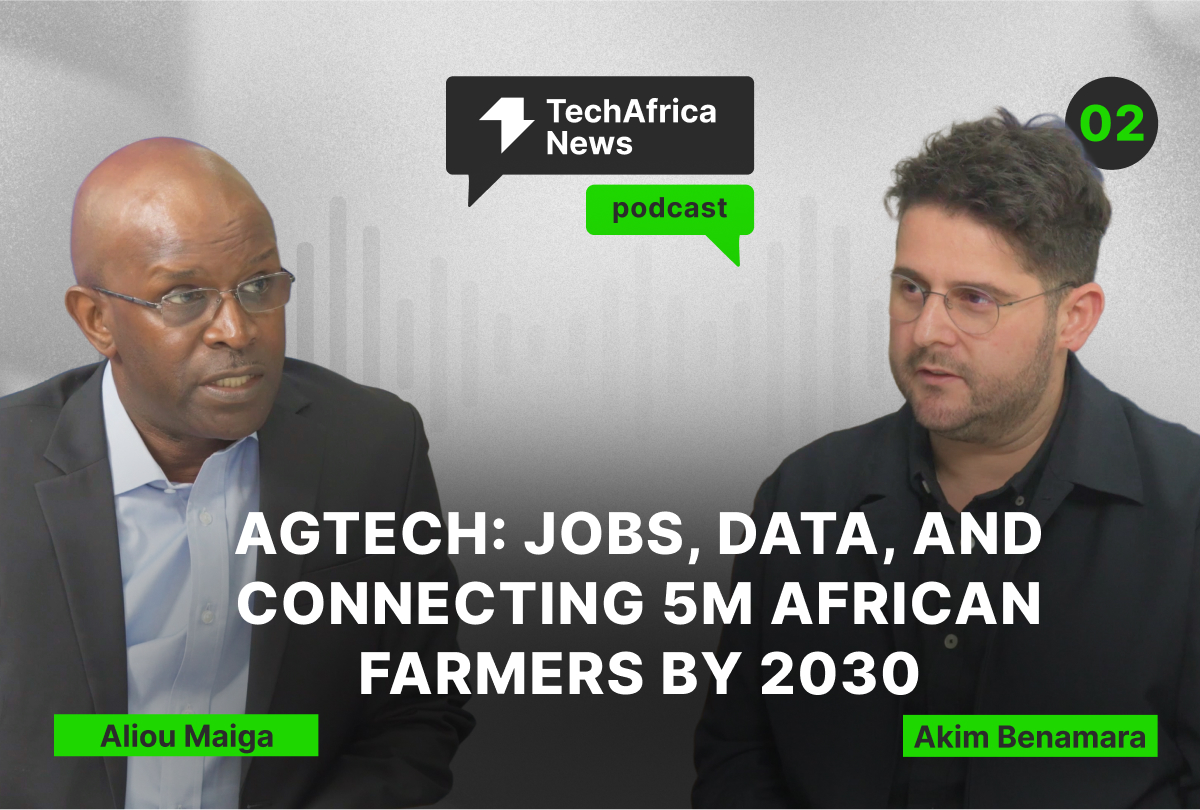Key Takeaways
- Agriculture employs 80% of Africa’s workforce and accounts for up to 40% of GDP in some regions, making it crucial for job creation.
- AgTech is transforming agriculture by providing essential services that increase efficiency and improve farmer access to markets and credit.
- To fully harness AgTech’s potential, a shift in mindset among policymakers and financial institutions is necessary to embrace innovation in agriculture.
Agriculture’s Role in Development
Agriculture is a cornerstone of economic growth in Africa, employing up to 80 percent of the workforce and contributing significantly to GDP in various nations. Aliou Maiga, the Regional Industry Director for the Financial Institutions Group in Africa at IFC, emphasizes that effective job creation strategies must prioritize the agricultural sector.
The AgTech Revolution
While sectors like finance and manufacturing have leveraged technology extensively, agriculture has been slower to adapt. AgTech companies aim to close this technology gap by introducing solutions designed for farming that can mitigate risks, reduce costs, and boost crop yields. Describing AgTech as “an ERP behind every farmer,” Maiga asserts the importance of digitizing agricultural activities to enhance productivity and efficiency.
Success Stories: Morocco and Nigeria
Maiga highlights successful AgTech partnerships in Morocco and Nigeria. In Morocco, a collaboration with Sowit and Al Amana microfinance led to substantial yield increases—30 percent higher—alongside more than 50 percent growth in farmer incomes due to improved crop quality. In Nigeria, firms like Babban Gona offer comprehensive solutions that blend digital platforms with local agents, ensuring that farmers receive both resources and market access effectively.
Challenges in the Sector
Despite notable successes, agriculture still faces significant challenges, particularly regarding risk perception among policymakers and financial institutions. Many banks show reluctance to finance pre-harvest activities, focusing instead on post-harvest operations. Maiga argues that as AgTech demonstrates reduced risks, financial institutions will begin to recognize its benefits. He calls for a critical mindset shift among sector leaders to embrace and integrate innovation.
Leveraging Data for Growth
Maiga points out that digitization can enhance visibility across the agricultural value chain, making farmers more appealing to investors and aiding governments in policy formulation. With mobile coverage in Africa averaging around 70 percent, extending AgTech solutions into rural areas is feasible. The actual challenge lies in effectively scaling successful solutions.
Future Outlook for AgTech
The IFC has set a goal to reach 5 million farmers by 2030, starting with staple crops like rice, wheat, and maize. Maiga describes this target as modest, given the vast potential in Africa. He also emphasizes the benefits of AI, such as assessing crops through simple images to identify issues like diseases or nutrient needs, which can assist smallholder farmers. As traditional funding diminishes, Africa must cultivate resilience and self-sufficiency, with AgTech leading the way toward sustainable growth.
The content above is a summary. For more details, see the source article.















